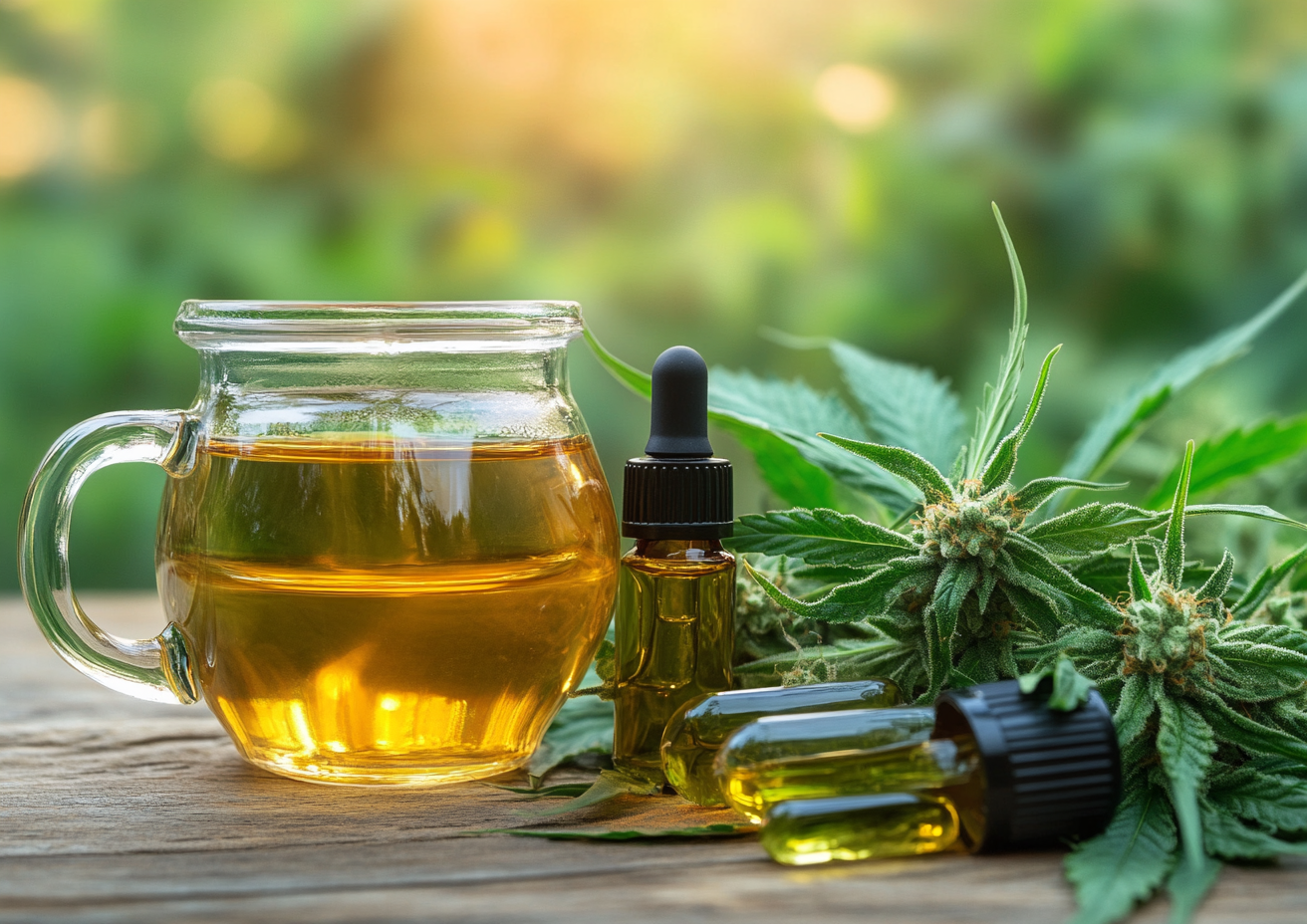In recent years, CBD oil has gained significant attention for its potential health benefits and therapeutic properties. As more people explore natural remedies, understanding what CBD oil is and how it works becomes increasingly important. This article provides a comprehensive overview of CBD oil, its uses, benefits, and considerations for those interested in incorporating it into their wellness routine.
What is CBD Oil?
CBD, or cannabidiol, is a compound found in the cannabis plant. Unlike THC (tetrahydrocannabinol), CBD does not produce psychoactive effects, making it an appealing option for those seeking relief without the “high” associated with marijuana. CBD oil is extracted from the hemp plant, a variety of cannabis with low THC levels, and is often mixed with a carrier oil like coconut or hemp seed oil.
How Does CBD Oil Work?
The human body has an endocannabinoid system (ECS) that plays a role in regulating various physiological processes, including mood, pain, and immune response. CBD interacts with the ECS by influencing the activity of cannabinoid receptors, which can help maintain balance and promote overall well-being.
Potential Benefits of CBD Oil
Research into CBD oil’s effects is ongoing, but several studies and anecdotal evidence suggest a range of potential benefits:
- Pain Relief: CBD oil may help alleviate chronic pain by reducing inflammation and interacting with neurotransmitters.
- Anxiety and Depression: Some studies indicate that CBD can have a calming effect, potentially reducing symptoms of anxiety and depression.
- Neuroprotective Properties: CBD’s interaction with the ECS may offer protective benefits for neurological disorders like epilepsy and multiple sclerosis.
- Skin Health: Topical CBD products are used for their anti-inflammatory properties, which may benefit conditions like acne and psoriasis.
- Heart Health: Preliminary research suggests that CBD may support heart health by reducing blood pressure and preventing heart damage.
Case Studies and Statistics
Several case studies and clinical trials have explored CBD’s effects. For instance, a study published in the Journal of Clinical Investigation found that CBD oil reduced sebum production, offering potential benefits for acne treatment. Another study in the New England Journal of Medicine demonstrated CBD’s effectiveness in reducing seizures in patients with Dravet syndrome, a rare form of epilepsy.
According to a 2019 Gallup poll, 14% of Americans reported using CBD products, with pain relief being the most common reason for use. This growing interest highlights the need for further research to fully understand CBD’s potential and limitations.
Considerations When Using CBD Oil
Before incorporating CBD oil into your routine, consider the following factors:
- Quality and Purity: Choose products from reputable brands that provide third-party lab testing to ensure quality and purity.
- Dosage: Start with a low dose and gradually increase until you find the optimal amount for your needs.
- Legal Status: CBD’s legal status varies by country and state, so check local regulations before purchasing.
- Potential Side Effects: While generally well-tolerated, some people may experience side effects like fatigue, diarrhea, or changes in appetite.
- Consultation with Healthcare Providers: Discuss CBD use with a healthcare professional, especially if you are taking other medications or have underlying health conditions.
Different Forms of CBD Oil
CBD oil is available in various forms, each with its own advantages:
- Tinctures: Liquid extracts that can be taken sublingually for quick absorption.
- Capsules: Pre-measured doses that offer convenience and consistency.
- Topicals: Creams and balms applied directly to the skin for targeted relief.
- Edibles: Gummies and other food products infused with CBD for a tasty option.
- Vapes: Inhalable forms that provide rapid effects but may not be suitable for everyone.
Conclusion
CBD oil presents a promising option for those seeking natural alternatives for various health concerns. While research is still evolving, many users report positive experiences with its use. As with any supplement, it’s important to approach CBD oil with informed caution, considering factors like quality, dosage, and potential interactions with other medications. By staying informed and consulting with healthcare professionals, individuals can make educated decisions about incorporating CBD oil into their wellness routines.
